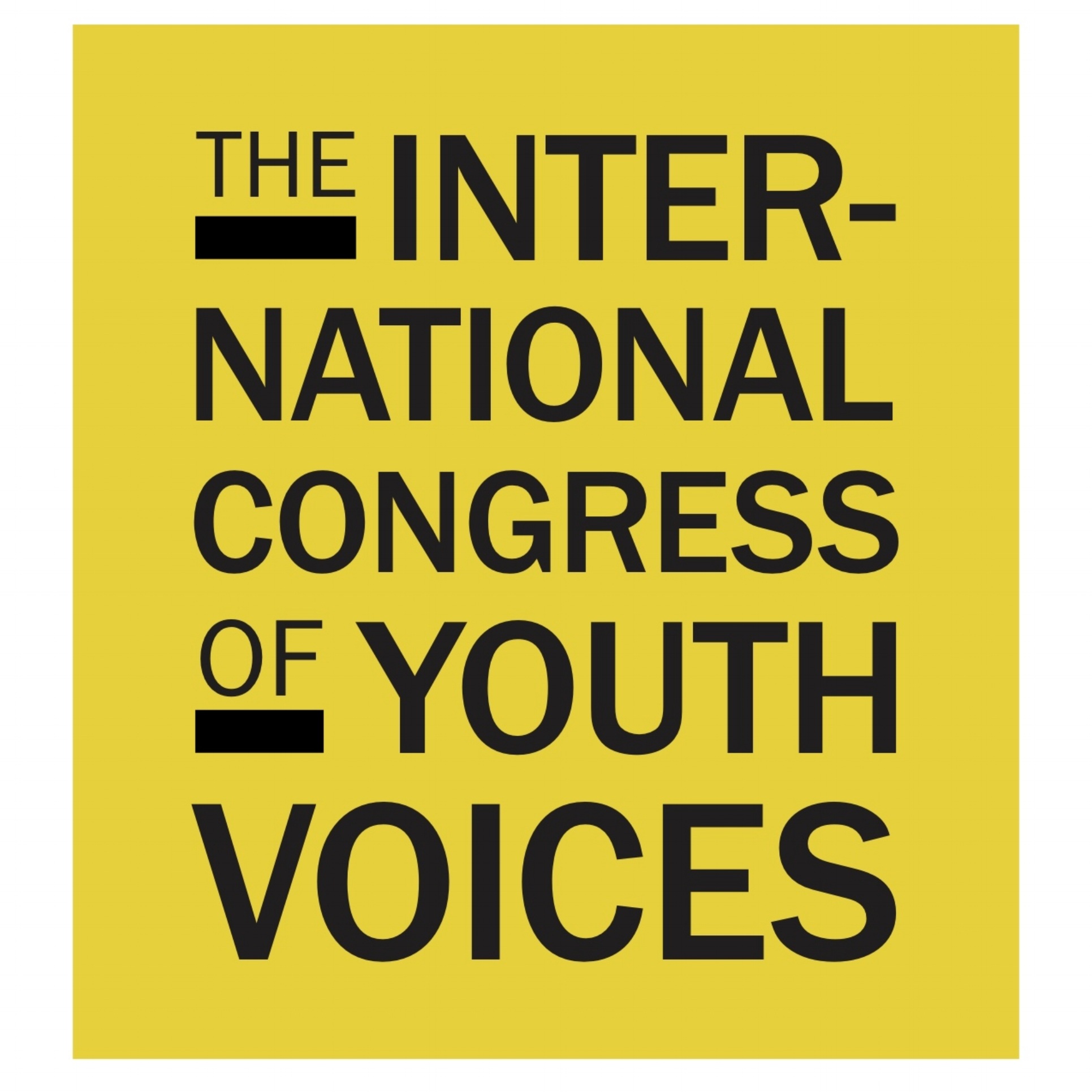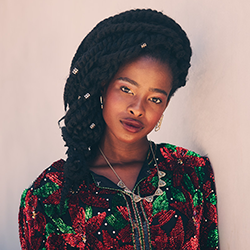AMANDA GORMAN, 21
Los Angeles native Amanda Gorman is called “the next great figure of poetry in the U.S.” In 2017, she made history by becoming the first ever Youth Poet Laureate of the United States of America. In this role, she has spoken at the Library of Congress, the United Nations x Mashable Social Good Summit, WE Day, and venues across the country. Prior to this national position, as the inaugural Youth Poet Laureate of L.A. and later the West Cost, Gorman met Michelle Obama at the White House, conducted a library tour, and published The One for Whom Food Is Not Enough.
Gorman is Founder and Executive Director of One Pen One Page, which promotes literacy among youth through free creative writing programming for under-served youth. She has been a HERlead Fellow in Washington, D.C and London, England, and a UN Youth Delegate in New York City. She has performed alongside Jennifer Aniston, Morgan Freeman, and Lin-Manuel Miranda to advocate for youth leadership and arts education, and spoken alongside Al Gore and Secretary Hillary Clinton for environmentalism and women's rights. Gorman’s poetry has appeared on The Today Show and CBS This Morning, and she's been featured in The New York Times, MTV, Teen Vogue, Seventeen Magazine, TIDAL, Essence's Woke 100 list, Time for Kids, Yahoo Style, the Google Assistant. Her writing has appeared or is forthcoming in the New York Times, The Wall Street Journal, the Washington Post, Glamour Magazine, the Boston Globe, The Huffington Post, and Elle UK. She is a recipient of the Making a Difference Award from Black Girls Rock and BET, recognition from the Scholastic Inc. and YoungArts, a Genius Grant from OZY Media, and a College Women of the Year Award from Glamour Magazine.
In the fall of 2019, Gorman was selected as one of the newest contributors to the New York Times newsletter The Edit, tailored to college students and recent graduates. Gorman studies Sociology and Spanish as a junior at Harvard University.
SESTINAS FOR MY SISTERS
by Amanda Gorman
The stones come to dance; parachuting up, four
black rocks gasp slowly for air like fish in a daze.
My feet dart ripples in the water, cool and neat
as knives. Wind aching to peel down my pant-
ies. It sings my skirt off my skin, ripped in fishbone-two.
It wants inside me, the Black Girl Reading by the River.
And I may just be the Black Girl Reading by the River,
but there’s something too-familiar in what the wind runs tor-
ward. The thought churns blood-wild, iron softened into dew.
I tell the wind I’ve seen worse things than dress billowing: a gaze
that killed me. A boy that took, dressed as a man who pant-
ed on my face till it burst. Till. Till. Till. My red tissue was eat-
en white. His lips rolled thick like Italian sausages.
Thanks to him my tongue always sags with cotton. Words quiver
in my mouth marred by moths. Many men I’ve met can’t
name themselves. Don’t know you can’t bloom what is broken or
ajar or worse. Look at the stones popping up and out like the craze
of a foal’s kneecaps. Does the river roll for the town it lamplit blue?
The sun, a golden retriever, chases the stick God threw
over the horizon (unlike the wind he didn’t catcall in the street),
the egg-white beast running till the yolk of a thousand Sundays
fills my throat. I think of choking. His erection was like a frozen liver,
hard but of so much flesh. Here my body tips at right-angles to pour
him out downstream. After the breaking I was dust-bodied, a pant-
her cremated. Six-year-old me thought myself participant
to my own Jenga. At least the wind had the manners to chew
me gumless when he salivated me whole. Took his time for
the quenching. Do boys think of rivers, of gasping rocks, of heat?
Lust stark as awaited rain? Black Girl as a thin crumbling, like a sliver
of rust? I prayed wordless for my pupils to pool into hazel.
Now I pray for them to be alive. Then I can sew a dais
brimming with all the mes who died before me, a twilit pant-
heon big-boned with the swords of Survivors at the River.
A hill fisted so tight no wind can peel inside; only the many few
who gasped in blackness, pulling oxygen from the mud-sweet.
For once we’d rip loudly from laughter, and nothing more.
Skinned stones jiving in the river wink: Sister, me too,
us too, been blazed the brightest black from this rampant beat-
ing of waves. We always dance when our bodies break against the shore.

